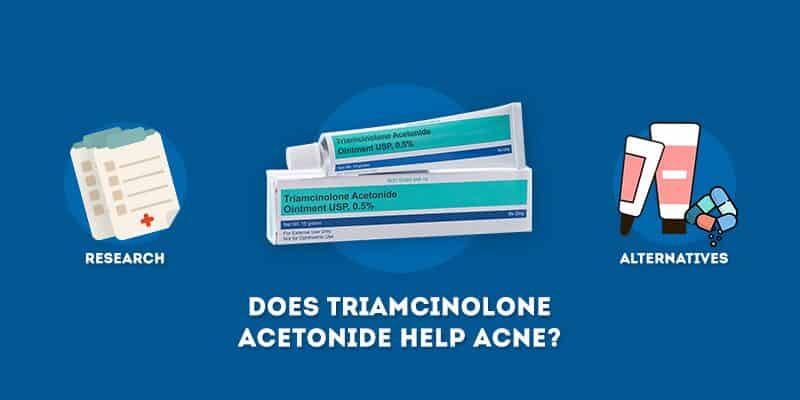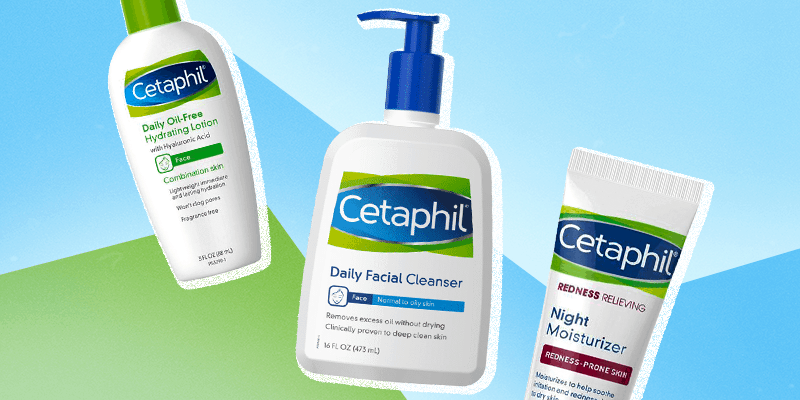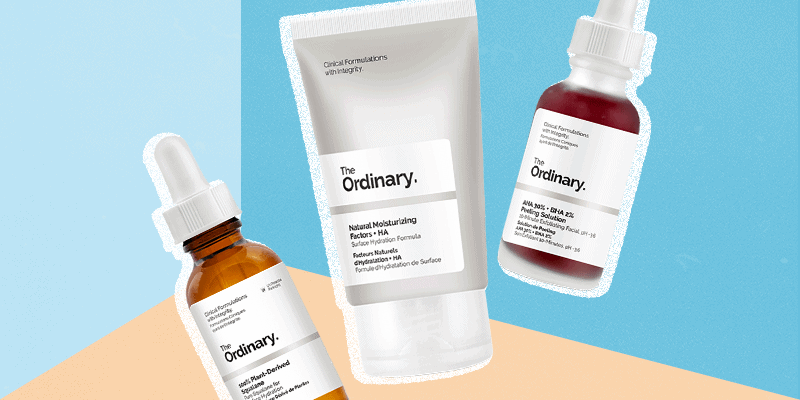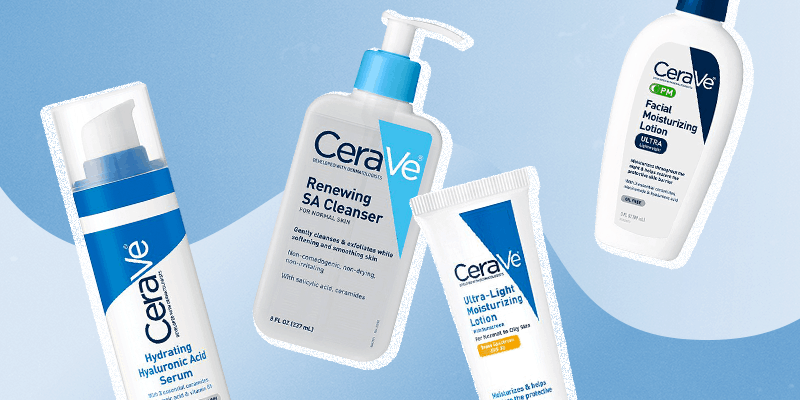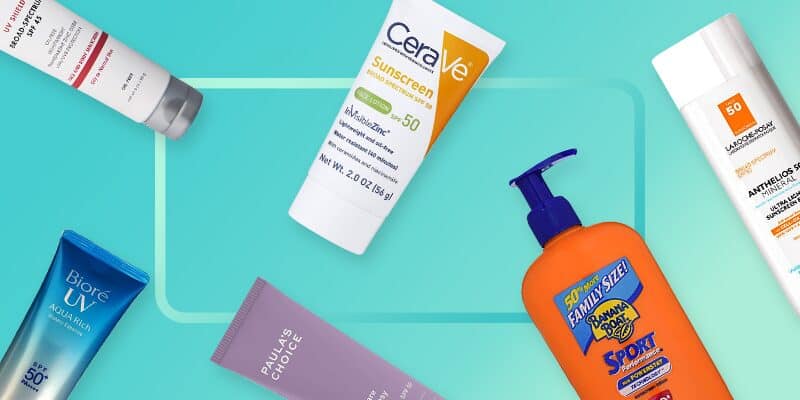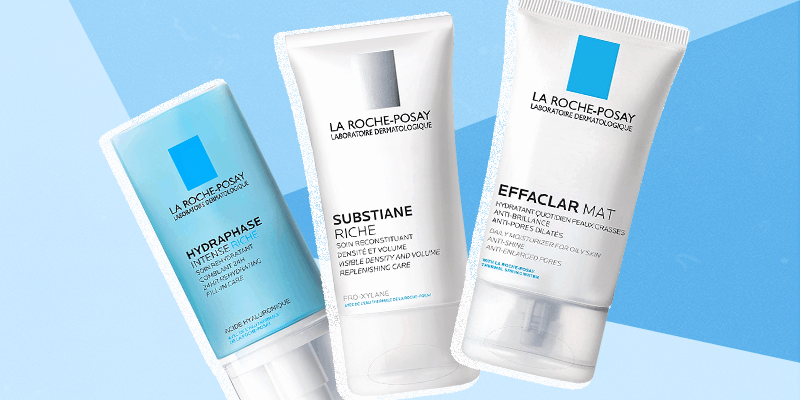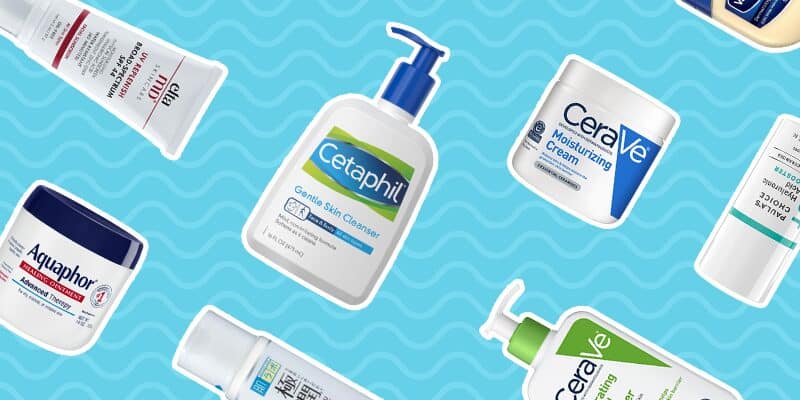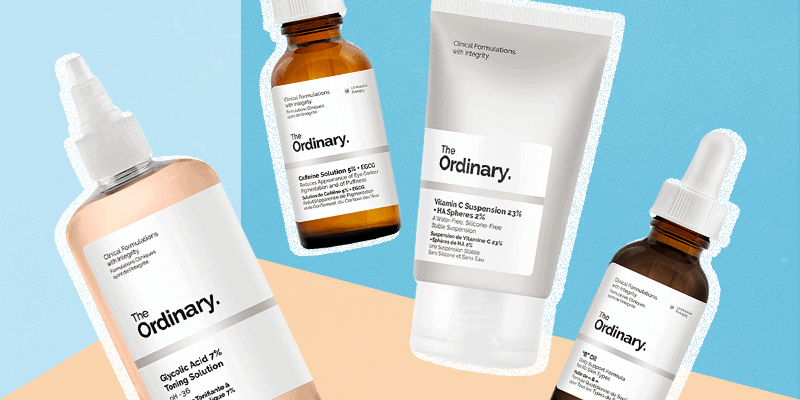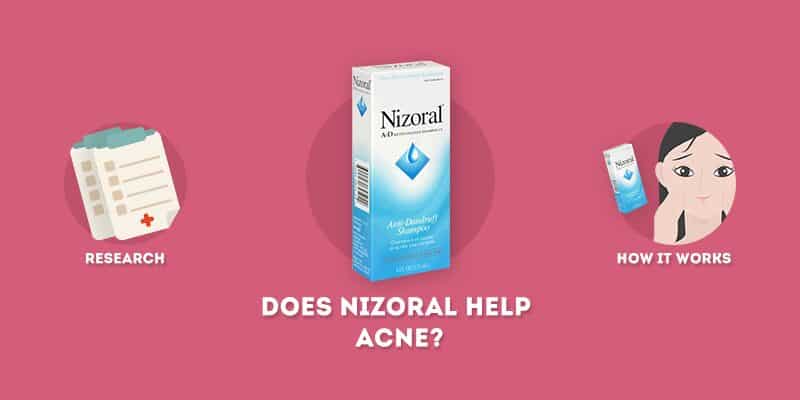As a synthetic corticosteroid, triamcinolone acetonide is used to treat a myriad of skin conditions. Read on to learn more about this medication and what it can and cannot do for you.
What Is Triamcinolone Acetonide?
In topical ointment form, this medication is used to treat a variety of skin conditions. The ingredient belongs to a class of medicines called corticosteroids. The active ingredient triamcinolone relieves swelling, redness, and itching. In addition, the medication is available in a variety of potencies, depending on your need and the severity of the issue that it is treating.
Uses of Triamcinolone Acetonide
- Eczema - a condition characterized by itching, redness, and swelling of the skin
- Psoriasis - a skin disorder characterized by raised and rough red areas
- Skin allergies or dermatitis
Note: it's uses do not include acne.
Does Topical Triamcinolone Acetonide Help Acne?
No, triamcinolone acetonide will not help acne. Ultimately, it is not a good idea to use topical triamcinolone acetonide on raised acne. Not only will not help clear acne, but the steroid properties can actually worsen acne flare-ups.
What About Cystic Acne?
Although topical triamcinolone acetonide cream will not be productive in treating cystic acne, using the ingredient in injectable form has been demonstrated to help. Studies show that intralesional triamcinolone acetonide injections are an effective way to treat cystic acne. Leading to significant improvement in the clarity of the skin. This treatment is popular because of its cost-effectiveness and ease of administration.
Alternatives
There are many alternatives to using triamcinolone acetonide for raised acne. Those include:
1. Cleansing
The first line of defense in the fight against acne should always be a thorough daily cleansing routine. Using a gentle drugstore facial cleanser, wash your face once or twice daily. Although it may be tempting to scrub the face in an effort to rid it of more irritants, it is not necessary. Rinse your skin with lukewarm water after lathering the facial cleanser. Lastly, a moisturizer can be applied if your skin is dry or itchy.
2. Exfoliation
Exfoliating your skin with a product containing salicylic acid can work to penetrate dirt and oil and unclog pores. By stripping away dead skin cells, newer and healthier skin will be revealed. As an anti-inflammatory, salicylic acid provides a host of benefits to the skin by reducing breakouts and evening out skin tone. In short, salicylic acid is a great option for acne prone skin.
3. Spot Treatments
As the gold standard of acne treatment, benzoyl peroxide is the most common ingredient in the many spot treatments on the market today. Benzoyl peroxide is found in many forms, including gels, creams, and lotions, making it easy to find a product that fits your needs. With varying strengths, the treatment can be purchased either over the counter or through stronger prescription medications.
Ask Your Dermatologist
Ask your dermatologist about triamcinolone acetonide and its uses. It is important to take precautions when using the drug and to follow the directions on the product label.
FAQs
What is the difference between topical triamcinolone acetonide versus injected triamcinolone acetonide?
Topical triamcinolone acetonide is used to treat a myriad of skin conditions. Namely, eczema, psoriasis and rashes. Additionally, it should not be used to treat inflamed acne. However, injected triamcinolone acetonide has proven effective in the reduction of nodular cystic acne. Because of that, it is important to not confuse them.
Does triamcinolone acetonide cream lighten skin?
No, this medication is not intended to be used as a skin lightener. In other words, it will not help lighten your skin.
Can you use triamcinolone acetonide cream for dark spots and scars?
Similarly, triamcinolone acetonide does not help dark spots and scars. Instead, stick to proven ingredients such as AHA's, vitamin C serums, and topical retinoids.
Can you use triamcinolone acetonide cream for wrinkles?
Unfortunately, triamcinolone acetonide cannot reduce the appearance of fine lines or wrinkles. For the most success in this venture, look to the scientifically proven AHA's and topical retinoids.
The Bottom Line
Topical triamcinolone acetonide cream is used to treat a variety of skin conditions, including eczema and psoriasis. However, the topical version of this drug is not suitable for acne. That said, triamcinolone acetonide injections can be beneficial in treating cystic acne.
